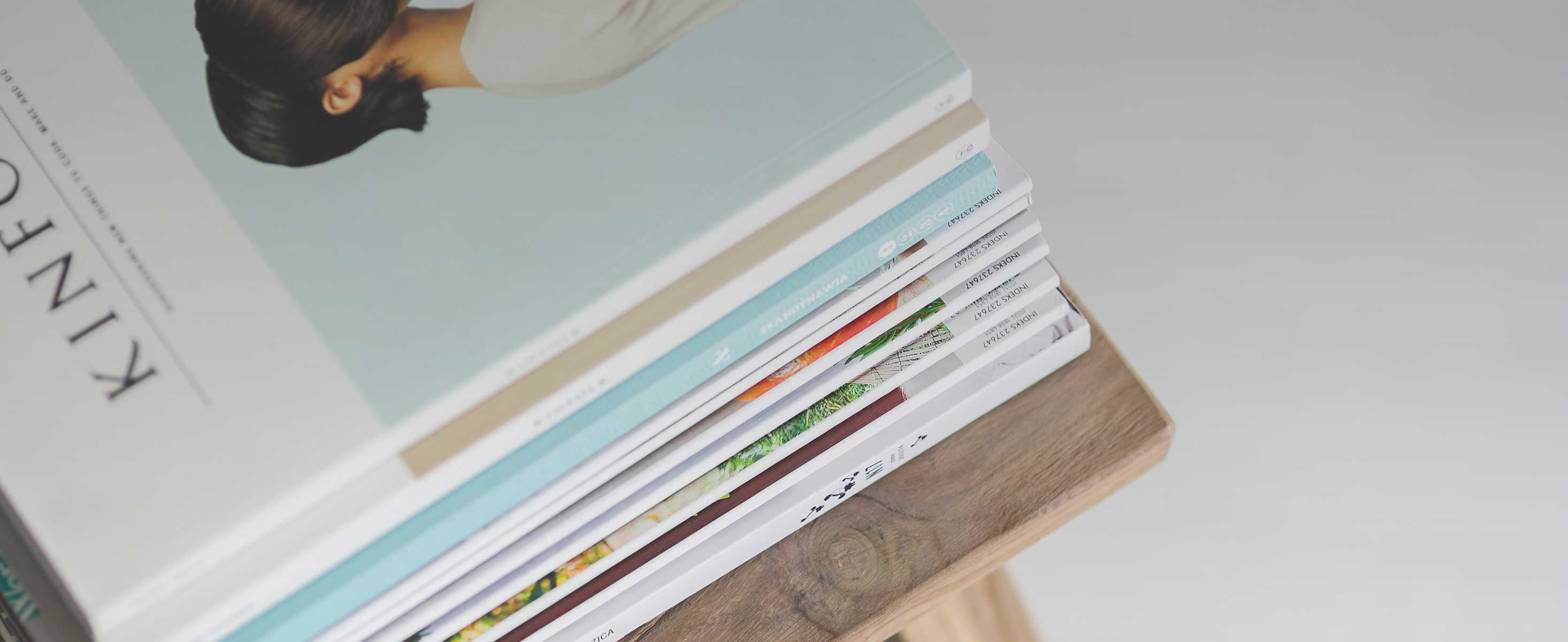
2 minute read
Sparking creativity
Creativity, dopamine and the brain’s neurotransmitter
Dopamine drives us to want things. Any time we anticipate any kind of payoff, whether it be money, an event, or even a marriage proposal, we get a significant rush of dopamine surging through our brain. P
Advertisement
sychologist Colin DeYoung of the University of Minnesota explains, “the release of dopamine…increases motivation to explore and facilitates cognitive and behavioral processes useful in exploration.”
Psychological plasticity gives us the tendency to engage with uncertainty, which has to do with things like investments, taking that first date, or stepping out of a box and daring to be different. This occurs because we are hoping to obtain a positive reward. This plasticity brings about cognitive and behavioral interest, which in turn, encourages engagement and exploration and, oftentimes a commitment to personal growth.
“Research shows that psychological plasticity is associated with high levels of idea generation, engagement with everyday creative activities, and publicly recognized creative achievement. Plasticity has a blend of both extraversion and openness to new experience, and dopamine is a source of this exploratory motivation,” according to authors S. Kaufman and C. Gregorie.
There are differences between extraversion and openness to experience, the authors explain, because extraverts seek environmental rewards. They also have qualities such as talkativeness, sociability, they are emotionally positive, assertive, and get excited when they talk. They also get thrilled by the possibility that they might get to learn new information. They get thrilled with the knowledge chase and this is what most excites them.
Dopamine facilitates creativity, which includes night dreaming and daydreaming. People who are open to new experiences report that they dream more often and dream more vividly than those less open. This may be due to higher levels of dopamine production which surges into the right hemisphere of the brain where openness to experience and dreaming occurs. The brain does not shut down at night and this could inspire creative insights in extraverts. It might be worth mentioning that these types of people rely on their intuitions more and that often their intuitions were, in fact, correct!
The downside to this quality in extroverts is that they are more prone to distraction than others. Small things, such as a ticking clock, cannot be tuned out by some extraverts.
This means that when creative geniuses of life get distracted a lot, they are quick to be diagnosed as having some kind of ADHD or other psychological diagnoses.
Cynthia Logan, PhD is a psychologist and a nationally certified counselor. E-mail her at pyschlogan@yahoo.com for more information.










